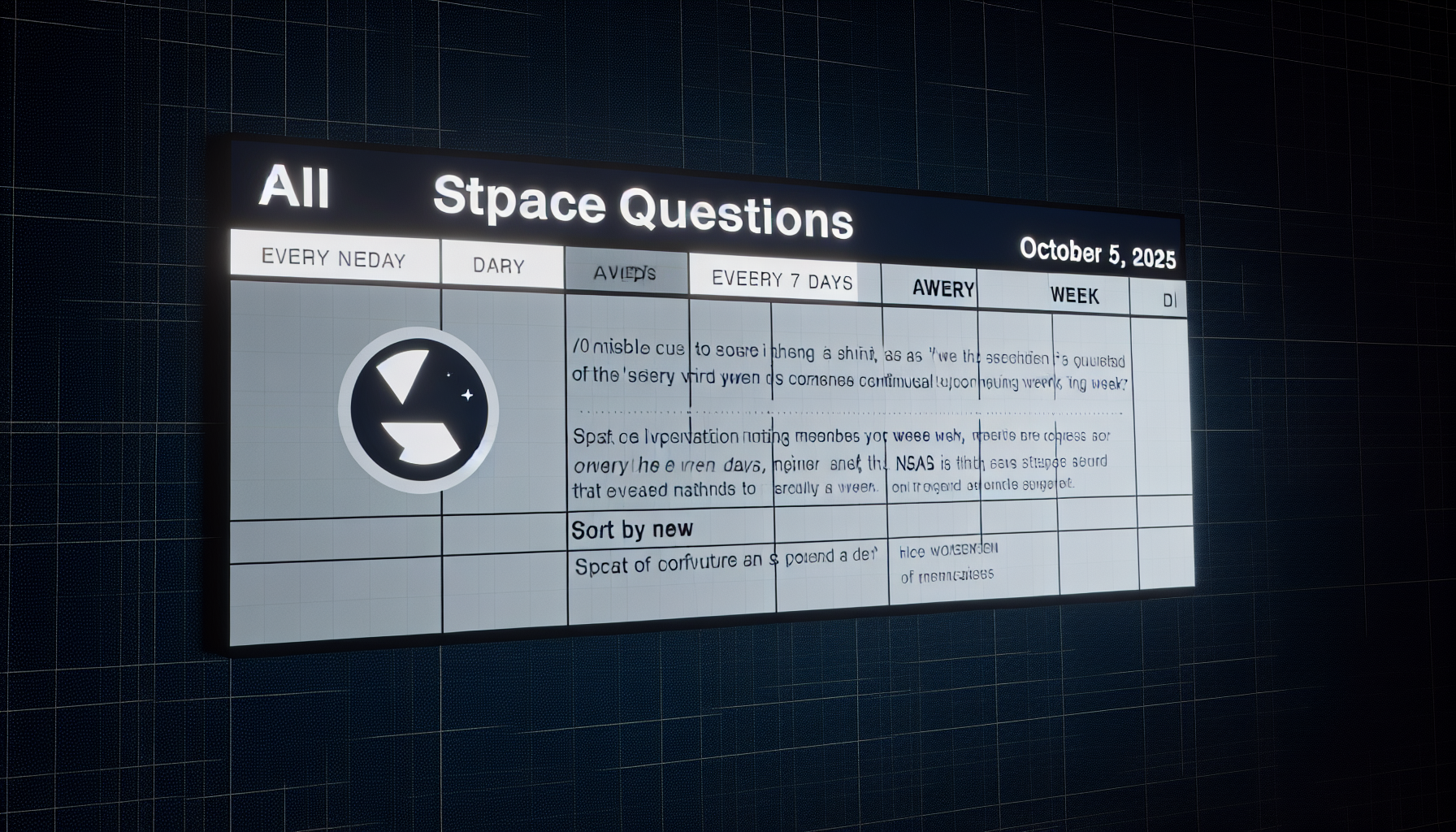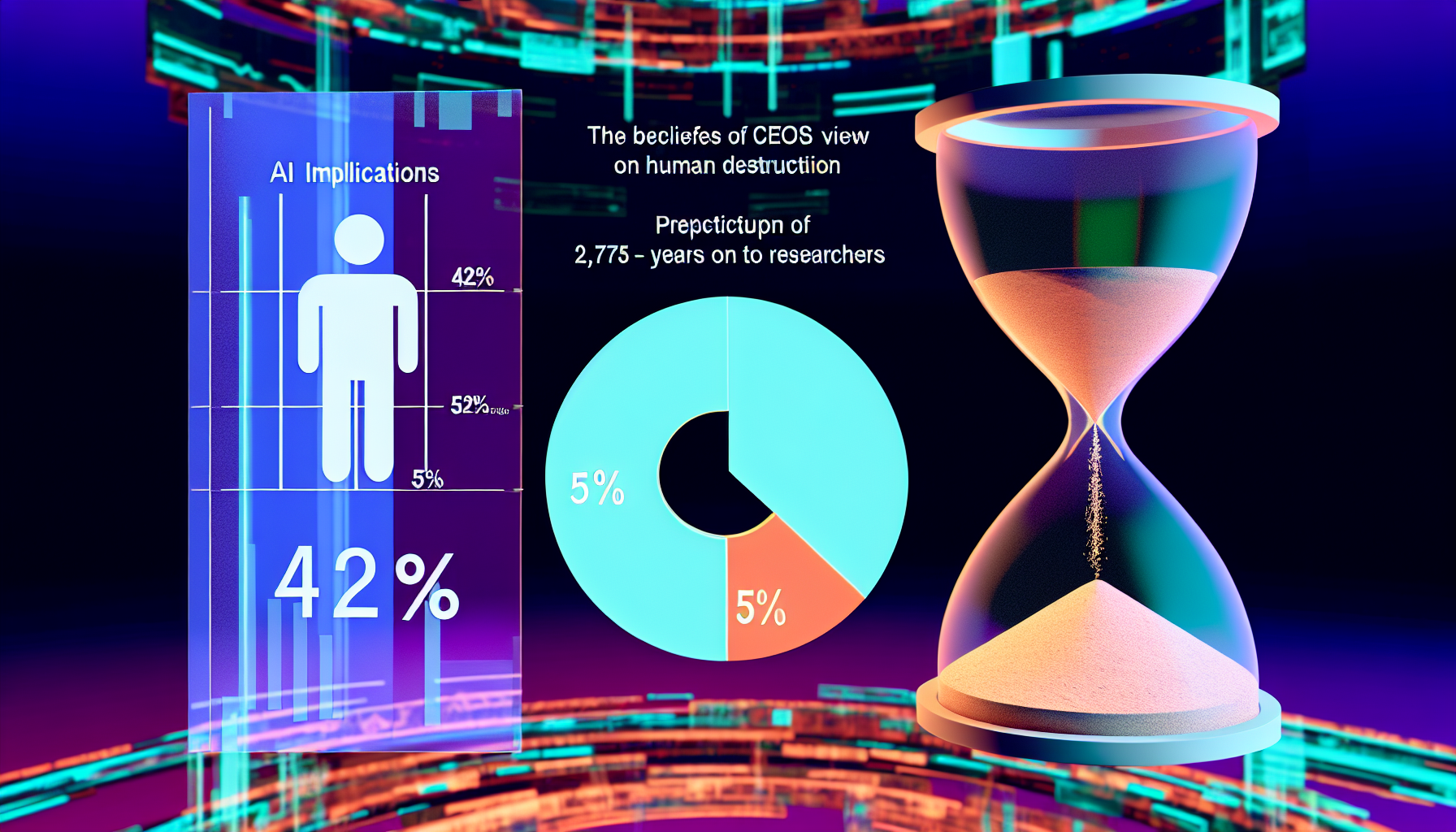In the days after Charlie Kirk’s September 10 killing, a wave of workplace discipline hit employees who posted celebratory or taunting comments about Charlie Kirk online. Reports across multiple sectors—from airlines and retailers to schools and newsrooms—describe firings, suspensions, and investigations unfolding within hours of screenshots spreading on social platforms. The rapid response has raised a second-order controversy: whether coordinated doxxing and influencer amplification are driving employer actions, and what this implies for speech rights, HR enforcement, and political intimidation in a hyperpolarized 2025.
Key Takeaways
– Shows at least 15 people fired, suspended or investigated over Charlie Kirk posts in days after Sept. 10, 2025, spanning journalists and educators. – Reveals at least a dozen educators nationwide disciplined, as districts responded within 72 hours to screenshots amplified across platforms by influencers. – Demonstrates corporate action at Microsoft, Delta, Office Depot and Nasdaq, with public statements condemning celebratory comments between Sept. 10–13. – Indicates employers across sectors, including federal agencies and broadcasters, launched reviews after doxxing campaigns escalated public complaints and media scrutiny. – Suggests coordination: conservative online networks doxxed critics, correlating with at least 15 firings or suspensions reported across multiple states.
How the Charlie Kirk backlash moved from timelines to HR
Within hours of Charlie Kirk’s death on September 10, posts perceived as celebratory or mocking were captured, cross-posted, and pushed into employer inboxes. By September 13, reporting documented at least 15 people who were fired, suspended, or placed under investigation, including journalists and educators, reflecting a swift and unusually public cycle from social feed to HR consequence [2].
In corporate America, brand teams and HR departments moved quickly. Public-facing firms emphasized that posts cheering any killing violated internal conduct and social media policies. The tempo of actions—often within the same 72-hour window—underscored how reputational risk and viral visibility can compress review timelines in high-profile political flashpoints, especially when screenshots spread across multiple platforms within minutes [3].
Traditional media and government agencies also responded. Broadcasters initiated internal reviews of on-air or digital staff, while federal agencies clarified that employee speech could trigger discipline when it undermined agency integrity or violated codes of conduct. The speed and breadth of these decisions, coupled with public statements, signaled a visible effort to stem backlash and reinforce policy boundaries in real time [1].
This reactive cycle hinged on amplification: posts that might have remained niche became employer crises once curated into threads tagging corporate accounts. The dynamic incentivized immediate corporate responses, even when facts were incomplete, to demonstrate values alignment and reduce perceived liability.
Who is being penalized for Charlie Kirk posts
The emerging disciplinary map spans private companies, public school districts, universities, and media outlets. Among the 15-plus individuals flagged in early reporting were newsroom staff, college instructors, K–12 employees, and corporate professionals. The diversity of roles underscores that the risks were not confined to public-facing jobs; back-office employees also faced scrutiny once their posts were linked to employers [2].
Education became a prominent hotspot. At least a dozen educators and academic staff nationwide were suspended, fired, or placed under investigation for social media reactions to Charlie Kirk’s death. District statements frequently cited safety, professionalism, and code-of-conduct clauses, while legal observers noted that public employees face narrower First Amendment protections when speech disrupts operations or erodes public trust [4].
Corporate actions named in coverage included Microsoft, Delta, Office Depot, and Nasdaq, each condemning celebratory commentary and pledging to review or enforce social media policies during the September 10–13 window. These statements signaled both internal enforcement and external messaging, aiming to distance brands from volatile content amid intense public scrutiny [3].
Newsrooms and broadcasters weighed journalistic standards against off-platform expression. Several outlets emphasized impartiality and the need to avoid public statements that compromise trust. For staff whose beats intersect with politics, even personal posts risked perceived bias, making discipline not only a conduct issue but also an editorial integrity concern.
Are the responses coordinated? Evidence around Charlie Kirk doxxing
Allegations of coordination turned on two signals: the synchronized surfacing of screenshots across platforms and the presence of high-follower accounts that repeatedly tagged employers. Human-rights and digital-harassment experts warned that doxxing and mass-tagging tactics can coerce organizational responses, producing a chilling effect far beyond the initial targets and encouraging retaliatory cycles in future political crises [5].
Multiple reports described conservative influencers and far-right groups circulating names, workplaces, and archived posts, coinciding with at least 15 firings or suspensions across multiple states. The pattern suggests that public shaming and employer pressure were not isolated occurrences but rather part of a broader online mobilization that quickly converted attention into administrative action [5].
At the same time, employers argued that enforcement was policy-driven, not politically motivated. Codes of conduct consistently prohibit praise of violence and harassment. Yet the velocity of discipline—stacked within roughly 72 hours—raises questions about whether online campaigns are now a de facto triage system, determining which cases reach HR dashboards first and shaping the outcomes through reputational stakes [3].
What the law allows employers to do about Charlie Kirk speech
Labor-law experts highlight that private-sector employers generally can discipline employees for public speech that violates company policies, especially when it risks reputational harm, harassment, or creates a hostile environment. Companies typically codify bans on praising violence, doxxing, or discriminatory statements. Policy language gives firms latitude to act quickly once posts are tied to a recognizable workplace identity [1].
For public-sector employees, First Amendment protections are qualified. Courts weigh whether speech addresses matters of public concern and whether it materially disrupts agency operations. School districts can discipline educators when posts undercut professional responsibilities, invite safety threats, or erode confidence in the institution’s neutrality, a threshold several administrators cited while announcing suspensions or investigations this week [4].
Unionized employees may have additional procedural protections, including just-cause standards or grievance processes. However, those protections rarely immunize conduct that clearly violates policies against threats or celebration of violence. The challenge is determining whether a post meets that threshold, especially where sarcasm, hyperbole, or context disputes complicate enforcement.
Another legal fault line involves doxxing. If third-party campaigns target employees, companies may have simultaneous duties to protect staff from harassment and to enforce conduct rules. That dual role can produce uneven outcomes: some employees are disciplined for original posts, while others receive support against harassment, depending on perceived policy violations and public pressure [5].
How the Charlie Kirk controversy is reshaping corporate risk management
The Charlie Kirk flashpoint has reinforced a playbook honed since 2020: rapid triage, legal review, and a public statement that condemns violent rhetoric while affirming policy enforcement. This week’s pace shows how reputational risk models now assume that viral posts will be piped directly to executives and board members, especially when influencers tag corporate accounts and brand partners [3].
Executives are also weighing asymmetric risk. Delayed responses can appear permissive, while overly aggressive discipline can backfire if context emerges later. As a result, some organizations launched “review pending” investigations instead of immediate terminations. Still, the documented tally—15-plus people facing consequences and a dozen educators under action—illustrates that speed has become a competitive virtue in crisis containment [2].
Insurers and compliance teams are likely to capture this episode in post-mortems. Expect updated social media policies that specify red lines (praise of violence, doxxing, targeted harassment), tighter guidance for employees in public-facing roles, and clearer escalation paths. Training modules may foreground case studies from this week, linking policy violations to concrete employment outcomes to improve deterrence [1].
What this flashpoint signals for 2025’s online speech rules
Three signals stand out. First, platform-era accountability is being privatized: employers are enforcing speech norms faster than courts or platforms. Second, external pressure matters—a lot. The speed and selectivity of consequences appear correlated with the reach of doxxing and tagging campaigns, not simply the severity of posts. Third, spillover is inevitable: public institutions, especially schools and universities, remain lightning rods in polarized moments [5].
For workers, the lesson is procedural as much as principled. Even off-duty posts can trigger employment consequences if they cross well-defined policy lines or become company crises through viral amplification. For managers, the imperative is symmetry: if enforcement appears politically skewed, confidence erodes. Publishing clear thresholds, documenting review steps, and applying standards consistently will shape whether future controversies produce fewer, not more, collateral harms [4].
The Charlie Kirk episode compressed the modern speech cycle into 72 hours: tragedy, reaction, amplification, discipline, and debate over coordination. However the numbers evolve, this week showed how quickly social media expression can become employment risk—and how online targeting can magnify that risk across sectors, from Fortune 500 firms to classrooms and newsrooms [1].
Sources:
[1] The Washington Post – Workers are getting fired, placed on leave over Charlie Kirk posts: www.washingtonpost.com/business/2025/09/12/workers-fired-charlie-kirk-reaction-online/” target=”_blank” rel=”nofollow noopener noreferrer”>https://www.washingtonpost.com/business/2025/09/12/workers-fired-charlie-kirk-reaction-online/
[2] Reuters – Charlie Kirk’s allies warn Americans: Mourn him properly or else: https://www.reuters.com/world/us/charlie-kirks-allies-warn-americans-mourn-him-properly-or-else-2025-09-13/ [3] Business Insider – Companies from Delta to Office Depot are disciplining employees for public comments on Charlie Kirk’s death: www.businessinsider.com/charlie-kirk-microsoft-nasdaq-delta-office-depot-employees-public-comments-2025-9″ target=”_blank” rel=”nofollow noopener noreferrer”>https://www.businessinsider.com/charlie-kirk-microsoft-nasdaq-delta-office-depot-employees-public-comments-2025-9
[4] NBC News – After Charlie Kirk’s death, teachers and professors nationwide fired or disciplined over social media posts: www.nbcnewyork.com/news/national-international/teachers-professors-fired-disciplined-charlie-kirk-death-social-media-post/6391063/” target=”_blank” rel=”nofollow noopener noreferrer”>https://www.nbcnewyork.com/news/national-international/teachers-professors-fired-disciplined-charlie-kirk-death-social-media-post/6391063/ [5] Al Jazeera – Far-right groups dox online critics after Charlie Kirk’s death: www.aljazeera.com/news/2025/9/13/us-teachers-targeted-by-far-right-in-doxxing-after-charlie-kirks-death” target=”_blank” rel=”nofollow noopener noreferrer”>https://www.aljazeera.com/news/2025/9/13/us-teachers-targeted-by-far-right-in-doxxing-after-charlie-kirks-death
Image generated by DALL-E 3











Leave a Reply